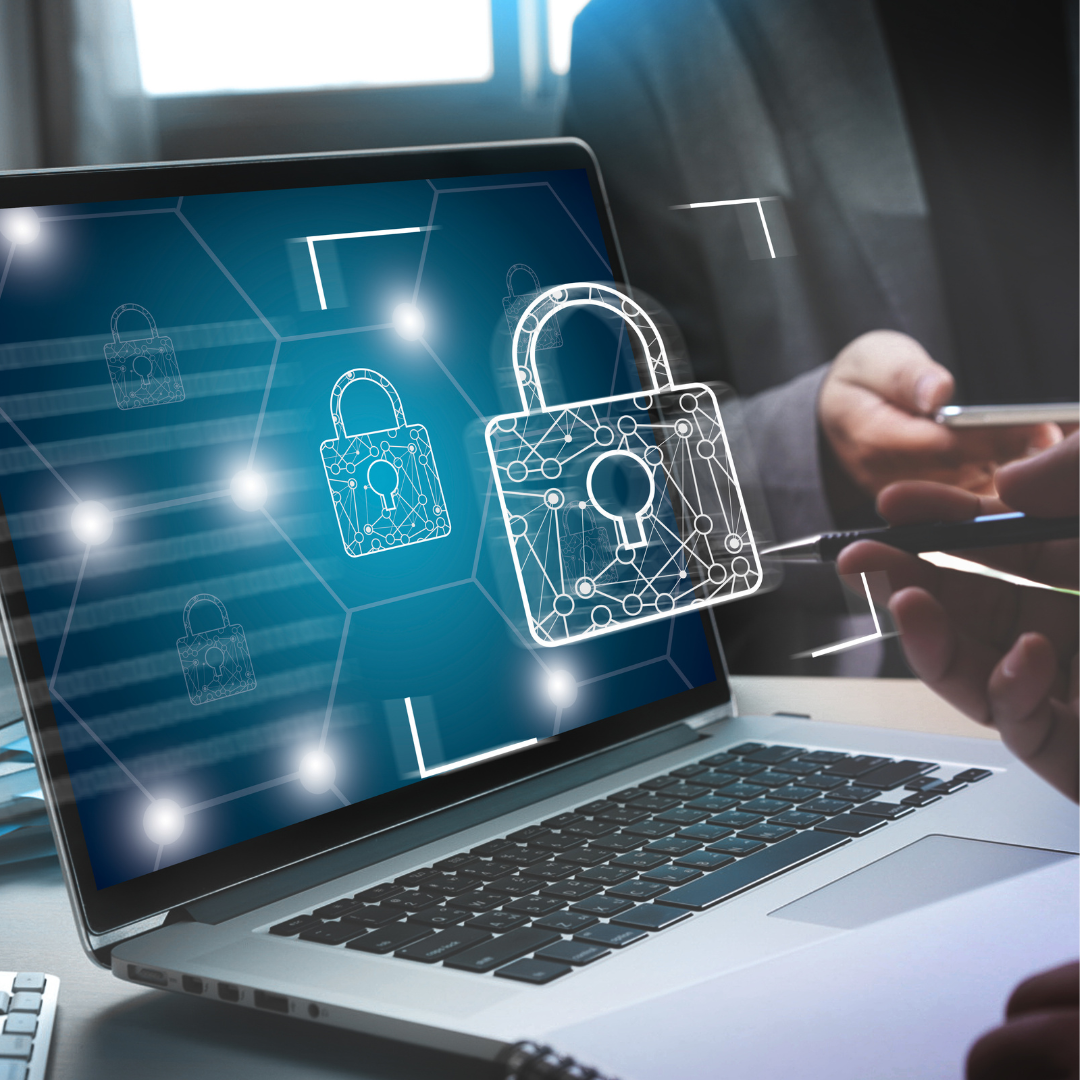Ensure your digital life is secure and protected
PPS Short-Term Insurance understands the ever-changing landscape of cyber threats. As such, it expanded its offering to members by introducing CyberAssist. CyberAssist is a cybersecurity advice service that aims to enable and protect the digital lives of users by guarding them against damages derived from cyber threats – anything from identity theft to ransomware and security breaches.
Online scams remain one of the most prevalent and pressing cyber threats. In particular, banking and credit card fraud are recognised as serious threats in Africa. It involves the theft of personal data and banking details, which are then used by a threat actor to either purchase goods, siphon funds or sell on markets. Coupled with the COVID-19 pandemic and its impact on the cybercrime landscape, Africa saw a sustained increase in the volume of cyberattacks.
According to a report by cybersecurity company Surfshark, when individual countries are considered, South Africa ranked number five globally in a list of countries worst affected by cybercrime in 2022, with 56 000 out of every million internet users being victims. This means that 2 000 South Africans fell victim to cybercrime last year, with the country’s cybercrime density rising by 7.8% from 2021 to 2022, resulting in its rise to fifth place compared to sixth in 2021.
PPS Short-Term Insurance CEO Werner Bosman says, “The increase in cybercrime incidents in South Africa highlights the need for increased cybersecurity measures. Protecting our members’ information is important to us, so we are now offering CyberAssist as a tool to aid members to ensure their digital lives remain protected.”
In the world of cybercrime, it is not a one-size-fits-all approach. Every cyberattack is different. The best practice for cybersecurity is premised on four key areas that can help protect one’s devices, digital identity and personal data.

1. Ensure password hygiene
Password hygiene is selecting, managing and maintaining strong passwords to protect accounts and systems from cybercriminals.
Password credentials are one of the most sought-after pieces of information from cybercriminals, as they are a gateway to systems, accounts and sensitive or confidential information. Passwords can be compromised, so it is essential to maintain good password hygiene.
This includes, but is not limited to:
- Password creation – ensuring they are not obvious, common or easy to hack.
- Account variation – ensuring selecting unique passwords for each account.
- Avoiding temptation – to write down passwords or share with others for convenience.
- Keeping personal passwords private.
Bad password hygiene can lead to various cyberattacks, including data breaches, account takeovers and other costly consequences.
2. Safeguard remote work
Hyper-vigilance is necessary and crucial when working or communicating from locations outside one’s home or work locations:
- Avoid public Wi-Fi – Although it might not be immediately apparent, public Wi-Fi networks pose a significant security risk. This vulnerability allows cybercriminals to readily infiltrate one’s device to pilfer sensitive data or install malicious software.
- Use VPN – If one must connect to public Wi-Fi or an unsecured network, it is advisable to use a virtual private network (VPN), especially when using mobile devices.
- Lock devices – Devices should be locked when they are not used. They must also be protected with a five-digit password, swipe pattern, fingerprint or facial recognition.

3. Avoid social engineering
Social engineering employs psychological manipulation to deceive users into committing security errors or divulging sensitive information. Remain vigilant by following the tips below:
- Do not open e-mails and attachments from suspicious sources – If a sender is unknown, there is no need to answer an e-mail. Even if an e-mail from a known sender is suspicious, it should first be confirmed with the sender using a different channel before replying to it. E-mail addresses are often “spoofed”. Even an e-mail purportedly coming from a trusted source may have been initiated by an attacker.
- Use multifactor authentication – Multifactor authentication helps ensure accounts’ protection during system compromise.
- Tempting offers should be ignored – Offers that seem “too good to be true” should be considered carefully. An online search can be done to assess whether an offer is legitimate or potentially misleading.
- Antivirus/anti-malware software must be kept software is updated – Enabling automatic updates guarantees that the software remains up to date. Additionally, periodic checks and scans can help verify the application of updates and identify potential infections.
4. Secure software
Software is the foundation of digital security, including operating systems and apps.
- Use authentic, licensed software – Free “knock-off” or pirated software often includes malware. Well-known software should be purchased directly from a reputable source.
- Update software – The latest patches and security updates should be installed on operating systems and applications.
- Data backup – A full image backup must be made of the system. This includes the operating system, boot media and applications. It should be stored on an external drive.
“PPS is built on supporting professionals and returning value to them through mutual success. That is why we have secured the services of CyberAssist, a renowned innovative cyber protection company, to ensure that we can provide our product-holding members not only with the ability to continue building a sound business or career but to ensure their financial lives are equally secure,” concludes Bosman.
By PPS Short-Term Insurance
PPS Short-Term Insurance Company Limited Reg. No. 2005/005531/06 is an insurer licensed to conduct non-life insurance business and an authorised FSP. Licence No.46274
Business Brief Articles
https://www.pps.co.za/business-brief/ensure-your-digital-life-secure-and-protected







